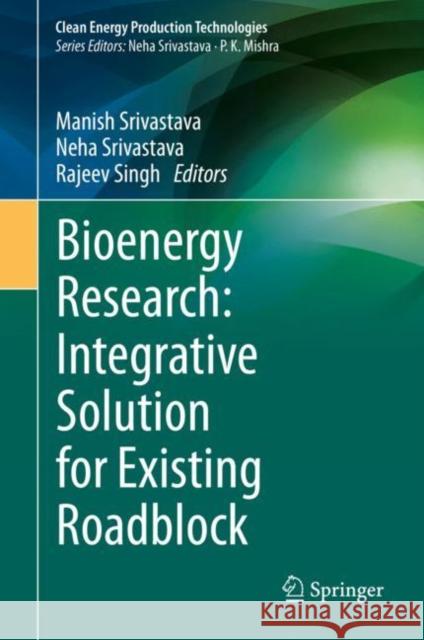Bioenergy Research: Integrative Solution for Existing Roadblock » książka
topmenu
Bioenergy Research: Integrative Solution for Existing Roadblock
ISBN-13: 9789811618871 / Angielski / Twarda / 2021 / 173 str.
Bioenergy Research: Integrative Solution for Existing Roadblock
ISBN-13: 9789811618871 / Angielski / Twarda / 2021 / 173 str.
cena 925,87
(netto: 881,78 VAT: 5%)
Najniższa cena z 30 dni: 886,75
(netto: 881,78 VAT: 5%)
Najniższa cena z 30 dni: 886,75
Termin realizacji zamówienia:
ok. 16-18 dni roboczych.
ok. 16-18 dni roboczych.
Darmowa dostawa!
Kategorie:
Kategorie BISAC:
Wydawca:
Springer
Seria wydawnicza:
Język:
Angielski
ISBN-13:
9789811618871
Rok wydania:
2021
Wydanie:
2021
Numer serii:
001025907
Ilość stron:
173
Waga:
0.45 kg
Wymiary:
23.88 x 19.56 x 1.27
Oprawa:
Twarda
Wolumenów:
01











